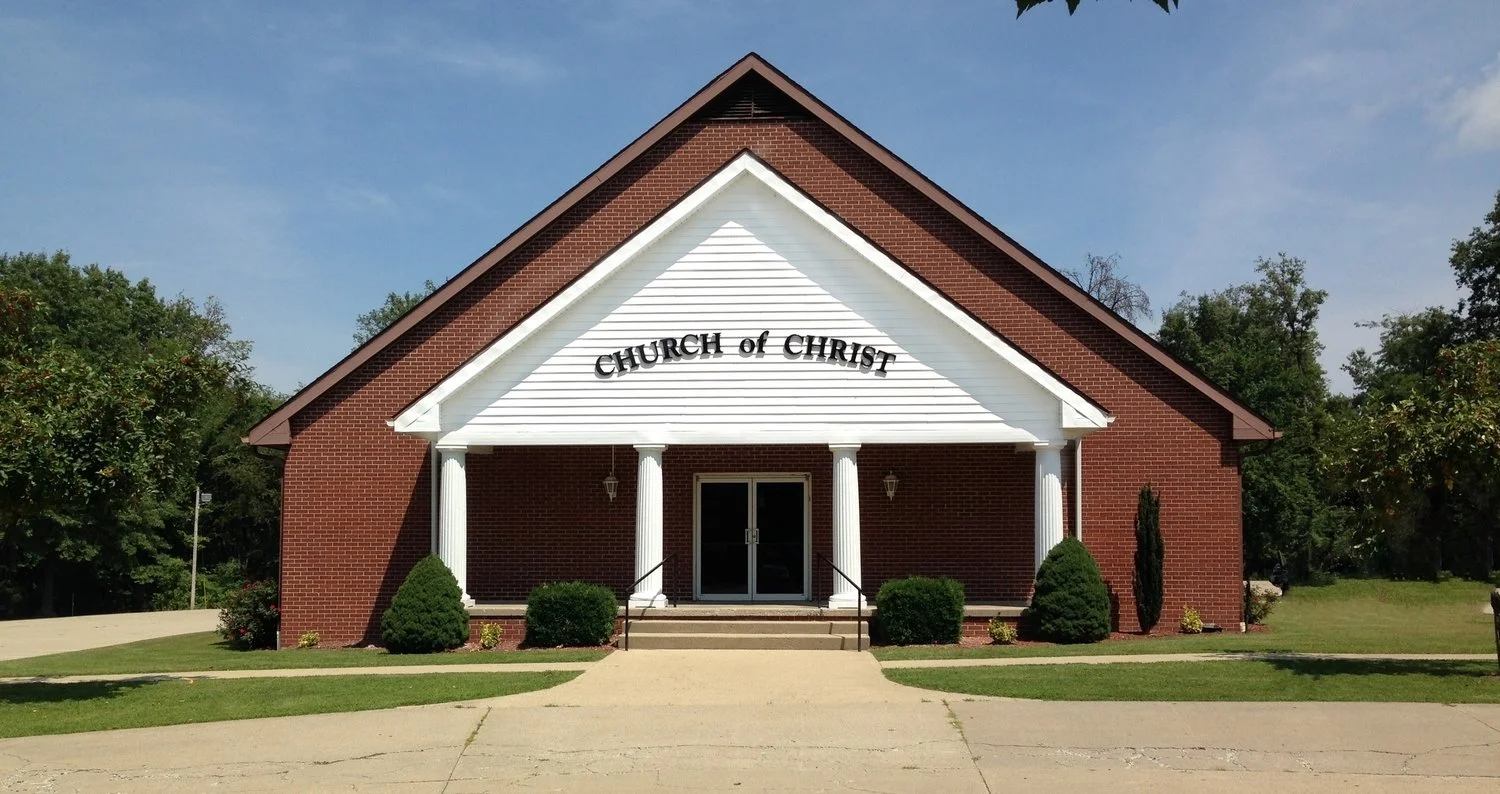Our church family here is a loving, close-knit group of Christians trying our best to live for Christ. We’re not perfect, of course, but we’re striving each day to let God’s Word be our guide for everything we do—in everyday life, at work, at school, at church. . . everywhere. Many of us come from different backgrounds, and we work in different fields, but we share a common love for Jesus Christ and His church and look for opportunities to share that love with others.
Maybe you’ve realized there’s a void in your life like something’s missing. We would love to have you as our guest! This could be a perfect opportunity to connect with Christians in this area. It’ll be a non-threatening environment, and you won’t be singled out or made to feel uncomfortable in any way. Just come join us for this simple worship service where we’ll reflect on what Jesus Christ has to say to our lives.
We’d love to see you soon. We’ve saved you a seat!
Who We Are
.Who are these people who seek to be Christians only? The church of which they are a part is usually known as the “church of Christ.” This is not a term used in a sectarian sense but is intended to denote their desire to belong to Christ’s church. The Bible says, “all the churches of Christ greet you” (Romans 16:16). However, it is just as correct to describe the church of which we read of in the Bible as “the church of God” (1 Corinthians 1:2), “the body of Christ” (1 Corinthians 12:27) or “the household of God” (Galatians 6:10). These and similar Bible phrases are not proper names, but descriptive expressions which show how the church is related to Christ and the Father.
Individually, in the Bible, Christ’s followers are known as “Christians.” “The disciples were called Christians first at Antioch” (Acts 11:26). “If a man suffer as a Christian, let him not be ashamed; but let him glorify God in this name” (1 Peter 4:16). “You almost persuade me to become a Christian” (Acts 26:28). Never does a human name prefix this God-given name. Paul was one of the greatest of all God’s servants, but he did not want disciples to be called “Paulites or Pauline Christians” (1 Corinthians 1:10-12). The gospel only makes Christians only.
What We Do
In a few places, there is so much disagreement in answering the Bible question, “What must I do to be saved?” (Acts 16:30). Here again, churches of Christ reply by going to the scriptures for their answer. The Bible teaches that Christ shed His blood for the remission of our sins (Matthew 26:28), and that without it we cannot be saved (Hebrews 9:22). But, what does Jesus require of us if we are to appropriate that sacrifice? Those who crucified Him were told to “know assuredly” or “believe without a doubt” that Jesus is “both Lord and Christ” (Acts 2:36). When the people on the day of Pentecost asked for further information on what they should do, they were told, “repent, and let every one of you be baptized in the name of Jesus Christ for the remission of your sins” (Acts 2:38).
Today, we teach as the apostles did – for Christ to remove our sins, one must be baptized. When we are thus saved from our sins, the Lord adds us to His body, the church. “And the Lord added to the church daily such as should be saved” (Acts 2:47). “For in one spirit were we all baptized into one body” (1 Corinthians 12:13). The saved, then, are in the body or church of Christ. One cannot be saved outside the body of Christ.
The early Christians were Christians only. Although we live nearly 2000 years later, we can also be Christians only if we follow the same teaching given to the first followers of Christ. Jesus said, “The seed is the word of God” (Luke 8:11). Just as surely as a planted acorn will produce only an oak tree, so God’s Word will produce only Christians. It will produce nothing more and nothing less. We invite your earnest consideration of this plea.
Why We Do It
Churches of Christ have a distinctive plea. We believe in the divine inspiration of the entire Bible and that it is sufficient to guide us in all matters of faith. We believe in the death of Jesus Christ and His atonement for our sins, and we believe that after death, all men will be rewarded or punished in another life for the way we have lived here. And with all people of religious conviction, we insist that the moral principles of Jesus are absolute truths to be exemplified in the personal righteousness of the child of God.
However, we not only believe that the scriptures are inspired but we also are convinced that the New Testament must be our guide in religious faith. God’s word frequently warns us about changing the Divine Message (Galatians 1:6-9). We, therefore, have no creeds or catechism to present, but accept Christ as our only creed and the Bible as our only guidebook. In this way, we are never prevented by an erroneous creed from accepting any truth which may be learned from God’s word.



